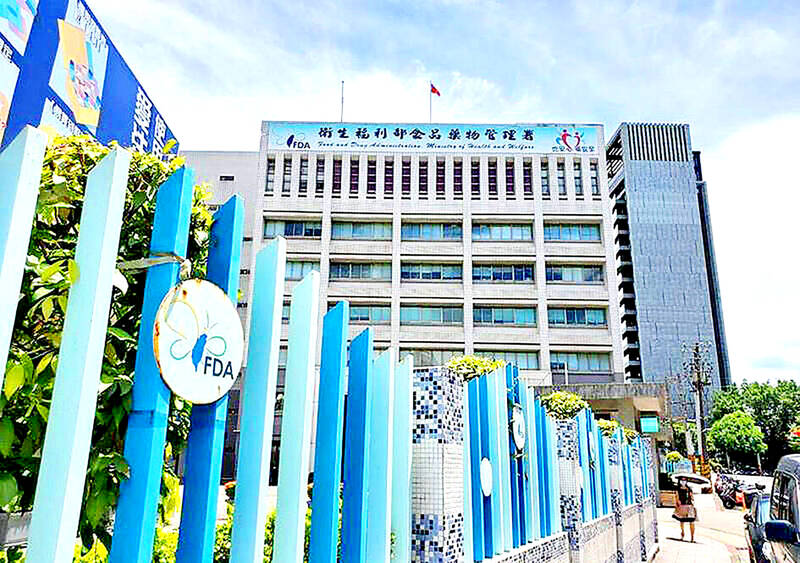-
By Lin Chih-yi and Huang Cheng-chia / Staff reporters
The government proposed amendments that would set up an inventory control mechanism to prevent panic buying and drug hoarding following the planned withdrawal of some drugs from the Taiwanese market, Minister of Health and Welfare Shih Chung-liang (石崇良) said yesterday.
Food and Drug Administration (FDA) data showed that as of the end of last month, 47 drugs are to be withdrawn from the Taiwanese market.
Most of these drugs have alternative options, the FDA said, adding that 25 share the same ingredients, dosages and dosage forms with other generic drugs, and 21 have substitutes with the same ingredients or mechanisms.
Photo: Chung Li-hua, Taipei Times
Only one drug would stop production by the end of next year, it said.
Shih yesterday said that the FDA has submitted proposed amendments to the Pharmaceutical Affairs Act (藥事法), which would require pharmaceutical companies to report plans to discontinue a drug’s production at least six months in advance.
The amendment also seeks to authorize the FDA to control the inventory of drugs when facing a supply shortage, he said, adding that the ministry plans to initiate a special drug import project in response to the planned discontinuation of an immunosuppressive drug next year.
Although pharmaceutical companies reported that supplies of the 47 drugs would be unstable over the next six months due to reduced production or plans to exit the market, only immunosuppressive agent cyclosporine would stop being produced, Shih said.
The company would continue to supply the drug until the end of the year, he said.
Companies that produce essential medicines must report to the FDA six months in advance if they plan to reduce production or withdraw from the market, but that is not mandatory for non-essential drugs, Shih said.
Sometimes those are reported at short notice, leaving the FDA with very limited time to assess and respond to the situation, he added.
The proposed amendment includes three main points, Shih said.
First, companies that produce any type of drug would be required to report to the FDA plans to reduce or stop production at least six months in advance.
Second, the FDA would be authorized to oversee inventory control when a drug is facing potential supply shortage due to discontinuation or lower production.
Hospitals often scramble to stock up on those drugs, causing other hospitals or pharmacies to experience a shortage earlier, he said.
Third, companies would be asked whether they want to adjust their drug prices.
The National Health Insurance Administration had asked the companies producing the 47 drugs if they want to change their prices, but they said their plan to discontinue supply was due to global supply readjustment, not pricing, Shih said.
Faced with potential drug price increases due to US President Donald Trump’s new tariffs, the special resilience act has allocated NT$20 billion (US$654.8 million) for drug price adjustments, he said.
However, for long-term drug industry resilience, the military must boost the public’s confidence in generic drugs, he added.
Additional reporting by Chiu Chih-jou
Source link
